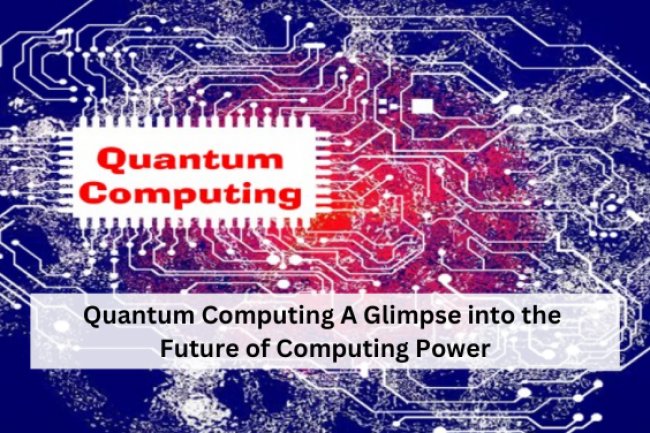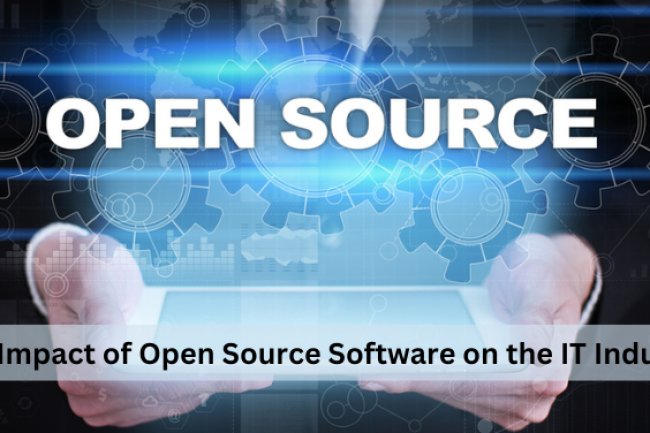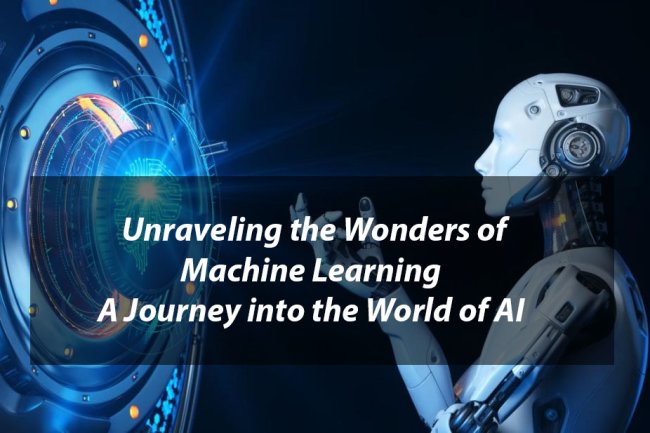The Impact of Artificial Intelligence on the Job Market

Artificial intelligence (AI) is rapidly changing the world, and the job market is no exception. AI is already being used to automate tasks in a wide range of industries, and this trend is only going to continue in the years to come.
The impact of AI on the job market is a complex issue, and there is no one-size-fits-all answer. However, there are a few key things to keep in mind.
-
Some jobs will be lost to automation. AI is already being used to automate tasks in a wide range of industries, including manufacturing, customer service, and healthcare. As AI technology continues to develop, it is likely that even more jobs will be automated.
-
New jobs will be created. While some jobs will be lost to automation, new jobs will also be created. AI will create new opportunities in areas such as data science, machine learning, and software engineering.
-
The skills required for jobs will change. AI is changing the way we work, and the skills required for jobs are also changing. In the future, workers will need to be able to think critically, solve problems, and work collaboratively.
So, what does this mean for workers? It means that workers need to be prepared for the future of work. They need to be willing to learn new skills and adapt to change. They also need to be proactive and take steps to ensure their own employability.
There are a few things that workers can do to prepare for the future of work:
-
Upskill. Workers should focus on upskilling and acquiring new skills that are in demand. This could include learning about AI, data science, or machine learning.
-
Reskill. Workers who are at risk of being displaced by automation may need to reskill in order to find new jobs. This could involve retraining in a new field or learning new skills within their current field.
-
Network. Workers should build their networks and stay connected with people in their field. This will help them stay up-to-date on the latest trends and opportunities.
-
Be proactive. Workers should be proactive in their careers and take steps to ensure their own employability. This could involve taking on new challenges, volunteering for new projects, or networking with people in their field.
The impact of AI on the job market is a complex issue, but it is one that workers need to be aware of. By upskilling, reskilling, networking, and being proactive, workers can prepare for the future of work and ensure their own employability.
In addition to the above, here are some other things to consider about the impact of AI on the job market:
-
The distribution of wealth. As AI automates more and more jobs, there is a risk that the gap between the rich and the poor will widen. This is because the people who own and control AI technology will be the ones who benefit the most from it.
-
The future of work. The future of work is uncertain, but it is likely that AI will play a major role in it. Workers need to be prepared for a future where AI is used to automate many of the tasks that are currently done by humans.
-
The ethical implications of AI. As AI technology becomes more powerful, there are a number of ethical implications that need to be considered. For example, how will AI be used to make decisions about hiring, firing, and promotions? How will AI be used to collect and use data about people?
The impact of AI on the job market is a complex issue with far-reaching implications. It is important to be aware of these implications and to take steps to prepare for the future of work.
What's Your Reaction?















